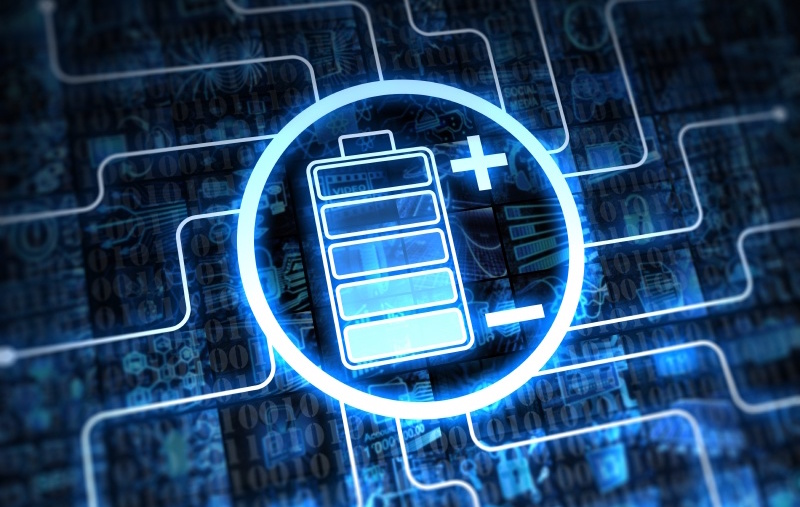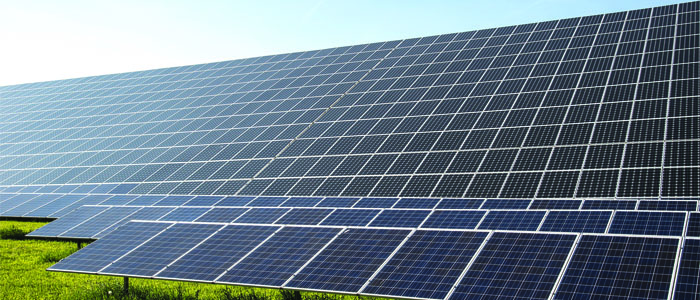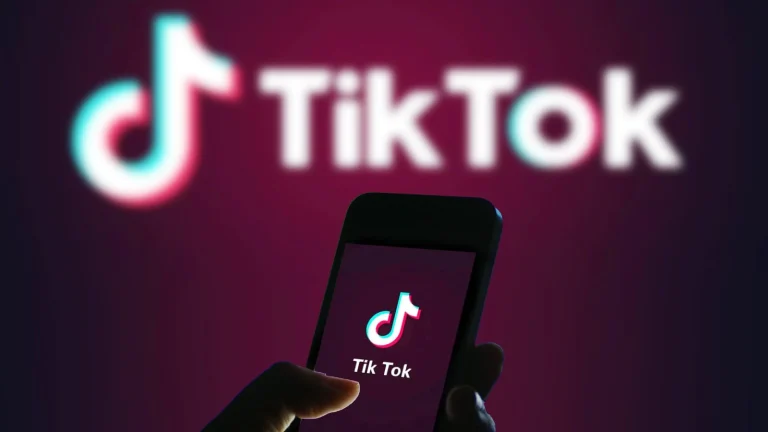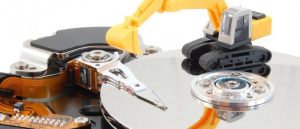When you notice a newly installed solar panel system on your neighbor’s structure, one of the things that might cross your mind would be the type of system they chose. In the market, there are various types of batteries used in home energy storage. The three common power options are based on chemical compositions; saltwater, lead acid, and lithium-ion. According to experts, the lithium-ion battery stands out among the three kinds.
Find out why solar power is in-demand and continue reading this article to determine if you should consider setting up this kind of system for your home.
What is Solar Battery?
This item, commonly called solar-plus storage, is part of a solar panel system that can store extra power from the sun for later use. This product is one of the quickly growing sources of energy across the globe. Experts believe the solar market, already worth billions, would double in size in the next few years.

Tip Before Purchasing Home Energy Storage Option
When evaluating, you need to consider the battery specification as follows:
- Capacity: This is the total extent of the cell to store electricity. It’smeasured in kilowatt-hours (KWh).
- Power ratings: The amount of powerthat the unit can send at one time. It’smeasured in kilowatts (KW).
- Round-trip efficiency: This is the percentage of productivity or the quotient by dividing the amount of energy that you stored by the amount of power that can be utilized.
- The depth of discharge/DoD: This refers to the amount of a battery’s capacity that has been consumed. For best performance, refer to the manufacturer’s manual about the specified maximum DoD when recharging.
- Warranty: Your battery at home will charge and drain daily. The number of years of useful life depends on the quality of the unit. Some solar cells are warrantied for ten years at 70% of its original capacity or 5,000 cycles.
- Producer: Mostly, automotive companies have a long record of manufacturing this product. Today, more tech startups bring fresh and high-functionality technology.
Features and Lifespan of Solar Battery
The typical lifespan of solar-plus storage is between five to fifteen years. This product is “stackable” wherein you can add multiple batteries with the system for extra capacity. If you purchase a cell with a low capacity and a high power rating, all the appliances at home could run, but for a short period only. However, if the battery has a high capacity and a low power rating, only limited units can receive adequate power, but it can run for a long time. The battery that has a higher round-trip efficiency provides you with more usage that is economical.
One More Thing Before You Go
The price of the solar battery is going down across the country. It’s worth getting this cost-effective solution to save you money. With this, you can have a self-sufficient home. Choose the one that can provide enough power that you need for your household.














